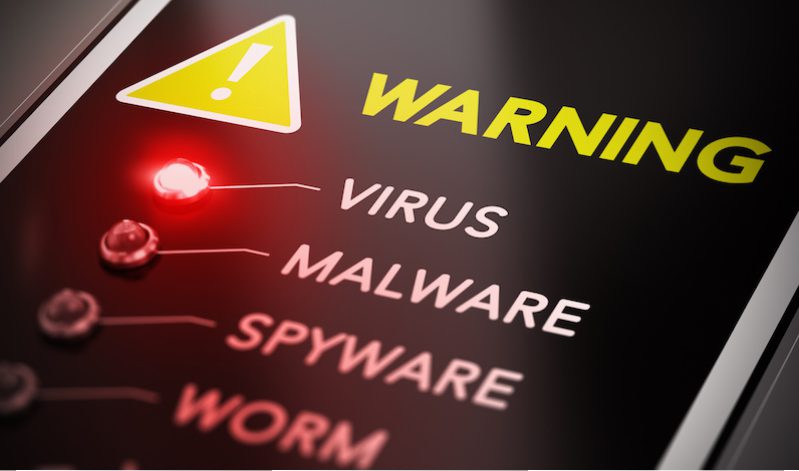Last Friday, the WannaCry cyberattack effected more than 300,000 computers, impacting thousands of businesses, hospitals and enterprises, across 153 countries by taking advantage of outdated versions of Windows that never had updated Microsoft’s crucial security upgrades.
With the increasing amounts of advance threats by attackers and the overall skyrocketing growth of malware, relying on a single anti-malware engine is no longer sufficient for high-security networks.
Anti-malware, multi-scanning softwares are essential for improving security because they significantly increase the intensification of malware detection rates and consequently, reduce the susceptibilities created by a specific anti-malware engine’s shortcomings. Multiscanning refers to the process of running multiple anti-malware or antivirus engines concurrently. Multi-Scanning anti-malware tools also have the added features of meaningfully reducing the number of days of exposure to new malware outbreaks and often can protect systems from malware targeting a variety of system at once, including Windows, Mac, Linux, iOS, and Android operating systems.
No single anti-virus software is perfect. Each product will have it’s own strength and weaknesses when it comes to detecting some threats. Likewise, every emerging threat that has the possibility to be detected, will be detected at a different rate by different engines Studies have found that no single engine detects every possible threat. Thus, it is only by combining multiple engines in a multi-scanning type of solution will all possible threats be detected quickly. One downfall of ‘multi-scanning incorrectly’, is that running multiple engines instantaneously can result in conflicts to your servers that lead to system freezes and application failures. Another downfall is that it increases the amount of false positives you can receive. Lastly, multi-scanning can be very costly, especially for smaller-scale enterprises.
Fortunately, many vendors have come up with technology that is able to conduct a multi-scan, and detect all types of malware in a single tool, without the hassle of licensing and maintaining multiple antivirus engines. Such vendors allow you to improve your malware detection, decrease the detection time of an outbreak and increase resiliency to antivirus engines’ vulnerability. However, determining the right number of tools or which one to select depends on the volume of the data being protected, the value of this data and the severity and frequency of potential attacks.
Security experts are predicting that malware attacks are expected to increase in frequency and severity, multi-scanning anti-malware solutions can be our best line of defense. Using anti-malware in a multi-scanning process, or tools that automatically multi-scan can be used to ensure the safety of your organization’s servers, the email attachments you open, web searches, sending confidential files securely and much more. Multi-scanning allows users and enterprises to control their early detecting engines to detect spear phishing and other specific types of targeted malware attacks. This in turn, will allow them to take action as quickly as possible.
